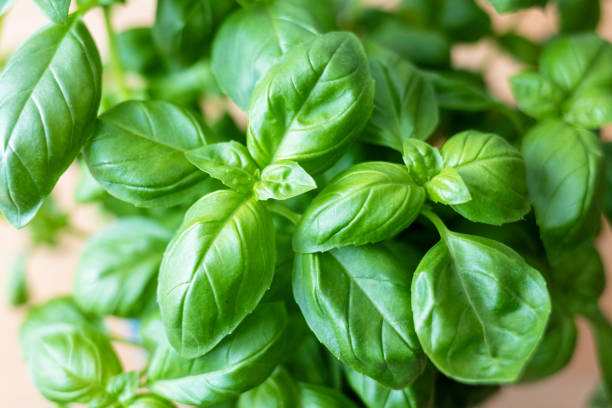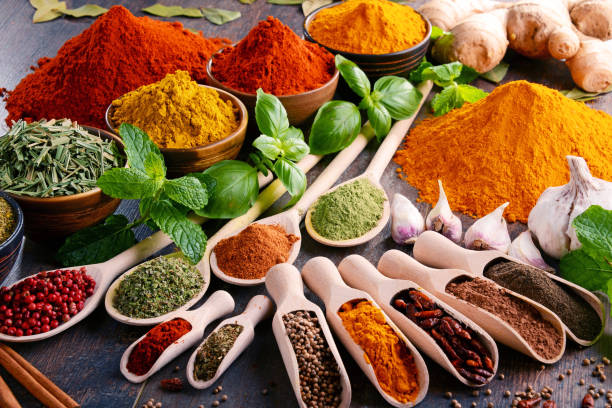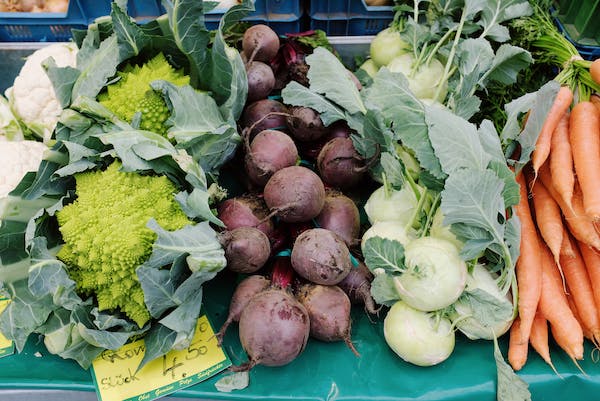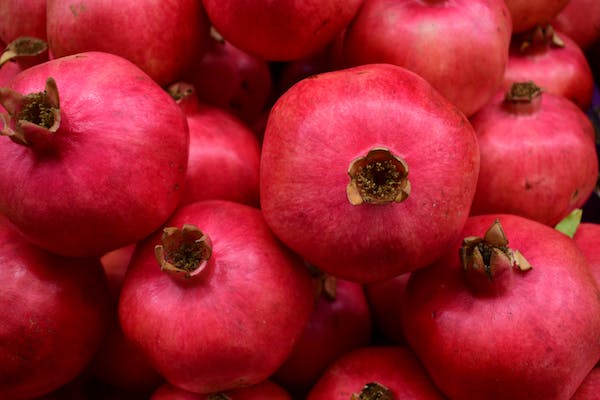-
Herbs and spices have been used for centuries to enhance flavor and boost health.
-
Herbs, obtained from leaves, blossoms, or stems, have moderate flavor and various culinary applications.
-
Spices, derived from seeds, bark, roots, or fruits, have a richer taste and aroma.
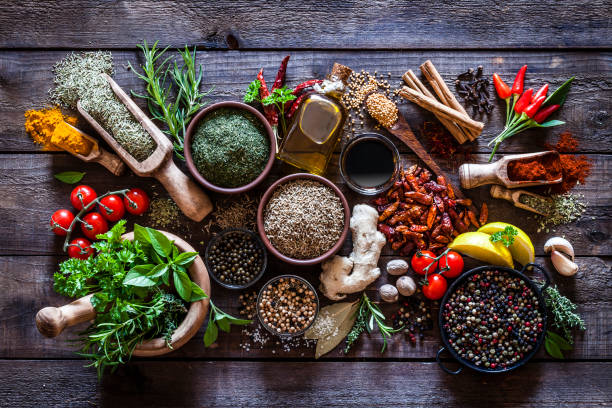
Herbs and spices have been an integral part of human days and times for years, especially when it comes to enhancing the flavor and nutrition of our meals, and in boosting of health.
Beyond their ability to enhance the flavors of our favorite dishes, these natural ingredients offer a plethora of health benefits.
From boosting immunity to aiding digestion, herbs and spices are nature’s gift to our well-being.
Even scientific research has begun to confirm the many health benefits of these flavorful plants.
In this article, we will critically look into the difference between herbs and spices, and explore nine powerful examples that can improve your health and spice up your life.
Difference Between Herbs and Spices
Sometimes people get it twisted, the terms herbs and spices whereas they have distinct characteristics.
We can better appreciate each’s special features if we are aware of the differences between them.
Herbs
Herbs are obtained from plant leaves, blossoms, or stems and are normally used fresh or dried. They have a moderate flavor and perfume, and they have a wide range of culinary applications.
Spices
Spices again, are gotten from plant parts like seeds, bark, roots, and organic products. When contrasted with spices, they taste really more extravagant and aroma.
Here are 9 of the most powerful herbs and spices, along with their potential health benefits:
1. Turmeric

Turmeric is the superstar with regards to spices and herbs for well-being. The dynamic fixing in turmeric, curcumin, has strong calming and cell reinforcement properties.
Curcumin has been shown to assist with an assortment of medical issues, including joint pain, Alzheimer’s illness, and disease.
Anti-inflammatory effects
Curcumin is a powerful mitigating agent. It can assist with diminishing irritation in the body, which can prompt various health benefits. For instance, curcumin has been displayed to assist with easing agony and firmness in individuals with joint pain, and it might likewise assist with safeguarding against the improvement of Alzheimer’s sickness.
Antioxidant properties
Curcumin has anti-inflammatory properties in addition to being a potent antioxidant. Free radicals are unstable chemicals that may harm cells and cause illness.
Antioxidants assist to shield cells from this damage. It has been demonstrated that curcumin supports immune system enhancement and cancer prevention.
Read 10 Best Foods High in Antioxidants: Pecans, Berries
Some other relative benefits of Curcumin includes:
-
Reducing the risk of heart disease
-
Improving cognitive function
-
Protecting against cancer
-
Reducing the risk of depression
-
Improving wound healing
2. Ginger
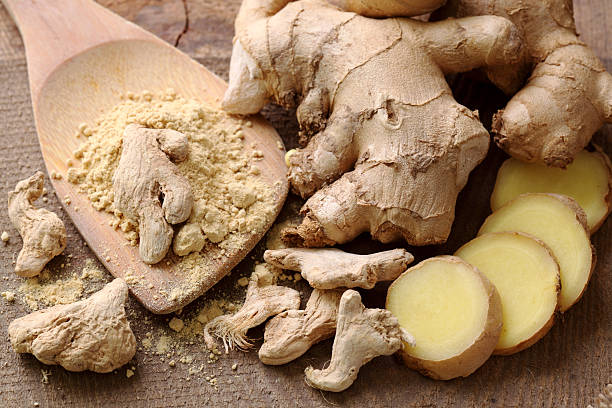
Ginger, another powerful anti-inflammatory herb. Ginger, well recognized for its spicy taste, has anti-inflammatory and digestive effects.
It aids in easing nausea, relaxing tense muscles, and boosting the immune system. likewise ginger has been shown to boost the immune system and help prevent cancer.
The Anti-inflammatory effects
Ginger is a natural anti-inflammatory agent.
It the reduce the effect of inflammation in the body, which can lead to a numerous assortment of health benefits.
For example, ginger has been shown to assist with easing nausea and vomiting, and it might likewise assist with safeguarding against the improvement of disease.
Nausea and motion sickness
Ginger is a traditional remedy for nausea and motion sickness. It is thought to work by blocking the effects of substances in the body that cause nausea.
Ginger can be taken as a capsule, a tea, or a lozenge.
Pain relief
Ginger can also help to relieve pain. It is remembered to work by hindering the creation of agony causing substances in the body.
Ginger can be utilized to free agony from an assortment from conditions, including joint inflammation, migraines, and muscle torment.
3. Garlic
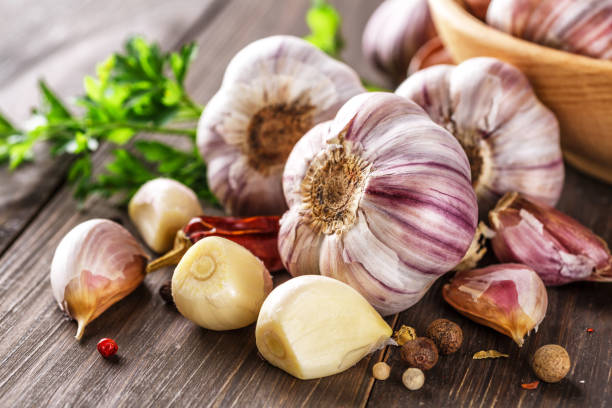
Garlic is another natural antibiotic and viral killer. It can help to fight external infection, It can help to boost the immune system. Garlic has also been shown to lower cholesterol and blood pressure.
Supplementing with garlic is well recognized to help people recover from illness, including the common cold.
Increasing the amount of garlic in your diet might be quite beneficial if you frequently experience colds. There is strong evidence supporting positive impacts on heart health.
Antibiotic and antiviral properties
Garlic includes allicin, an antibiotic and antiviral chemical. Allicin can annihilate microorganisms and infections, which can support the anticipation of illnesses. Garlic is strong against a large number of microbes, including E. coli, Salmonella, and Staphylococcus aureus.
Immune system booster
Garlic can also benefit your immune system. It includes chemicals that can aid in the activation of white blood cells, which are in charge of battling infection. Garlic has been found to enhance antibody synthesis, which are proteins that assist the body fight illness.
Cholesterol and blood pressure lowering
Moving on from garlic’s immunological benefits, studies have revealed that it also lowers cholesterol and blood pressure.
It includes substances that may aid in preventing the synthesis of cholesterol and may aid in blood vessel relaxation, which may result in a reduction in blood pressure.
4. Cinnamon
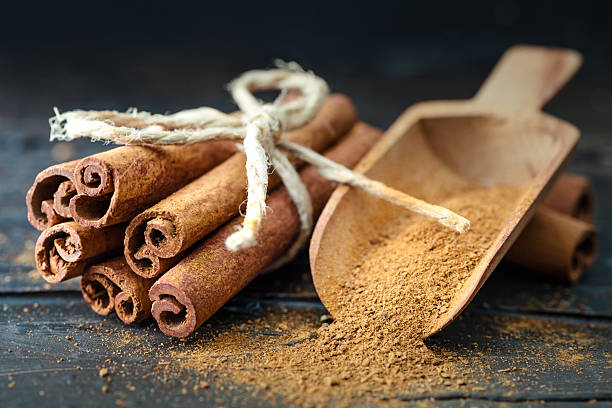
Cinnamon is an extraordinary method for adding pleasantness to your food without adding sugar, yes since it can bring down glucose levels and further develop insulin responsiveness.
Cinnamon can likewise assist with battling aggravation and work on mental capability.
Blood sugar lowering effects
It has been demonstrated that cinnamon helps diabetics with their blood sugar levels. The body’s capacity to use insulin to regulate blood sugar levels is known as insulin sensitivity, and it includes substances that may assist to boost this capacity. Cinnamon can also aid in lowering the gut’s absorption of sugar.
Inflammation fighting effects
Cinnamon has additionally been displayed to have calming properties. It contains intensifiers that can assist with decreasing irritation in the body, which can prompt various health benefits. For instance, cinnamon has been displayed to assist with diminishing the risk of coronary illness and disease.
Cognitive function improving effects
Cinnamon has also been shown to improve cognitive function. It contains compounds that can help to improve memory and concentration.
Cinnamon has been shown to be effective in improving cognitive function in people with Alzheimer’s disease
Read about the 10 Best Foods to Control Diabetes
5. Echinacea

Natural immune booster echinacea has a number of positive health benefits. It is a strong treatment for respiratory infections since it may reduce the duration of colds and flu. Recent studies suggest its value in reducing systemic inflammation and alleviating allergy symptoms.
Echinacea contains synthetic compounds that have been shown to improve resistance to the onset of colds and influenza.
Because of its calming properties, it offers a number of medical benefits, like a diminished risk of malignant growth and coronary illness.
6. Peppermint
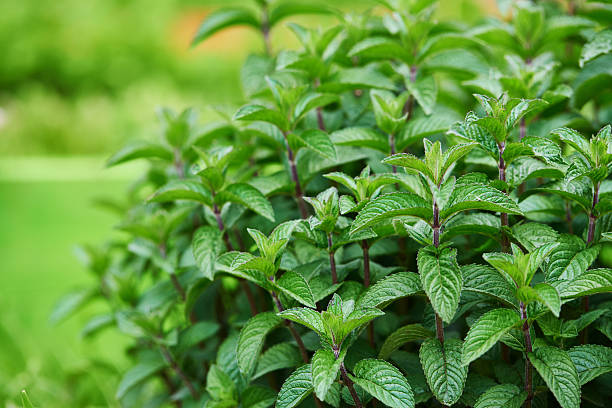
Peppermint, renowned for its cooling effect, is commonly utilized in teas and desserts, offering a delightful sensory experience. Beyond its refreshing taste, peppermint provides numerous therapeutic benefits.
Soothing effects
Peppermint’s cooling properties extend to its impact on the body, making it an excellent remedy for an upset stomach.
Peppermint contains compounds that induce relaxation in the muscles of the digestive tract, thereby bringing down the symptoms of bloating and gas.
However, peppermint can also treat morning sickness as well as nausea and vomiting. Its digestive benefits include promoting healthy digestion, reducing headaches, and easing symptoms of irritable bowel syndrome.
With its multifaceted attributes, peppermint stands as a versatile herb offering not only sensory pleasure but also soothing relief and cognitive support.
7. Rosemary

Using rosemary to flavor dishes is a terrific idea. Likewise it possesses anti-inflammatory and antioxidant effects. It has been demonstrated that rosemary helps with memory and cognitive function.
A fragrant herb that may be used to enhance a number of foods is rosemary. Rosemary it possesses anti-inflammatory and antioxidant effects that may aid in preventing cell damage.
8. Basil
